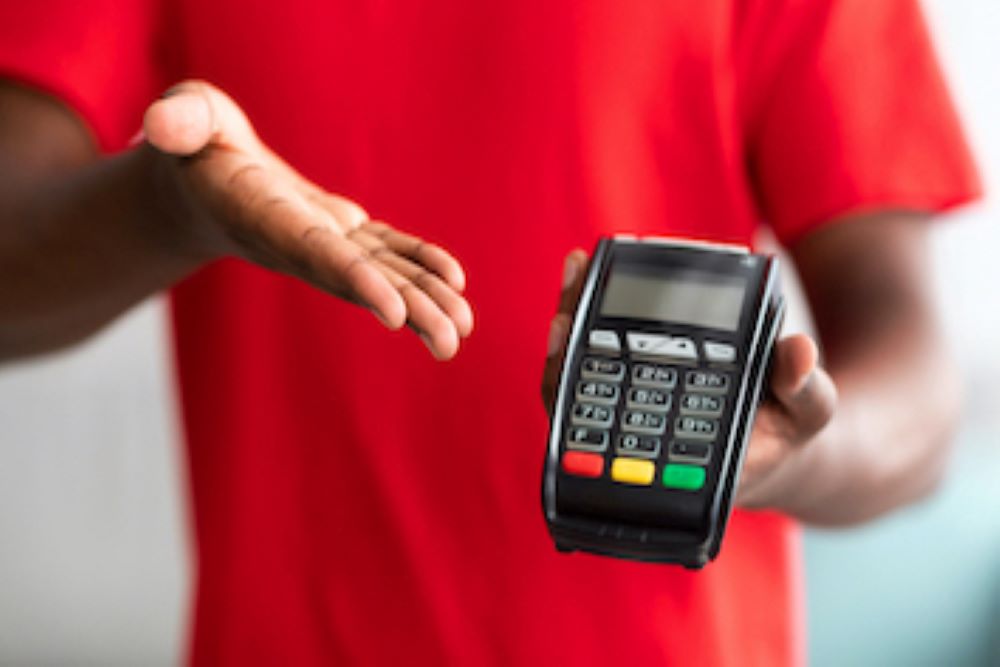The POS business as a whole is seen as an unprofitable business in Nigeria but frankly speaking, this is not true as attendants make huge income from this business. There might not be a notable profit to customers who patronize them but the little charges gotten makes up to a compound profit for them.
To learn how to calculate profit in POS business, check out our previous article which states the right formula used to know how much you can make from this business daily.
However, this article is not about starting a POS business in Nigeria, if you are keen to see a guide about that, you should visit our recent article from this source link in this paragraph.
In this article, we will discuss the disadvantages of running a POS business in Nigeria. This article would open your eye and help you venture into the business well prepared.
Disadvantages of POS business in Nigeria
Below are six known disadvantage of running a POS business in Nigeria:
1. Security Risks
The issue of security poses a greater disadvantage to POS attendants, especially in densely populated areas where robbery, fraud, and cybersecurity threats can occur within a matter of seconds.
POS agents are often targets for theft and fraud due to the cash transactions involved. On a very busy day, they are known to accumulate more money which invites armed robbers to invade them.
However, POS agents experience more fraud than robbery. People use modern and traditional means (charms) to scam them, leaving the agents to find ways to recover their losses or eventually quit.
You must have heard news where POS agents complain of having their money turned into paper after a certain transaction. This type of fraud is common and it is very difficult to detect who’s here to dupe you.
 |
| POS Lady Weeps As N75,000 Reportedly Turns to Paper |
Constant Cybersecurity threats are another security risk mostly encountered or faced by POS agents. POS machines can be vulnerable to hacking and other cyber threats, potentially compromising sensitive customer information and eventually leads to loss from your side and that of your customers.
2. High Transaction Charges
Generally, agents are charged between 0.5% and 2.5% of the total purchase amount. These transaction fees, known as interchange fees, are paid by the POS business agent to the issuing bank of the customer’s credit card for processing the transaction.
Some banks and other financial institutions charge only 0.5% for withdrawals up to N20,000 and a flat rate of N100 for transactions above N20,000 and a flat rate of N20 is charged for money transfers.
If these fees are raised by partnered banks or financial institutions due to unforeseen factors, this can reduce the profit margins for POS operators.
For instance, a POS agent who previously enjoyed a lower transaction fee might suddenly face higher charges, thereby cutting into their earnings. This increase in operational costs can make it challenging to maintain profitability and sustain the business.
Aside from bank charges, network charges are also one of the disadvantages of POS business in Nigeria. Telecom companies such as Glo, MTN, Airtel and others also imPOSe charges for data used in operating POS terminals, adding to the operational costs.
3. Network Issues
Connectivity problem is one disadvantage that’s after most POS businesses in Nigeria. Frequent network downtimes and connectivity issues can disrupt transactions, leading to customer dissatisfaction and eventually cost you your business.
In most cases, these issues lead to transactions being put on hold, causing delays and frustration for both the customer and the business owner.
4. Competition
If there’s any business that has high competition in Nigeria,then it is the POS business. In an average street, you can count at least five POS agent stands there, leading to increased competition between agents.
The POS business market is becoming increasingly saturated, making it difficult for new entrants to establish a foothold.
 |
| Intense pos retail competion in unbanked area |
If you are not well known or situated in a strategic position, making profit would be very difficult as the higher your volume of transaction, the better the profit margin.
Intense competition can also lead to price wars, which can affect profit margins if regulations are not put in place.
5. Cash Handling
Knowing how to handle cash is a necessary skill a POS agent must acquire. The need to manage cash flow can be very tricky, especially in ensuring there is enough money to handle large withdrawal. You wouldn’t want to run out of cash when there is a customer who needs it.
Another disadvantage of the POS business under cash handling is identifying counterfeit money or currency. POS attendants are at greater risk of collecting fake money, which can result in financial losses for the business.
Detecting counterfeit notes requires careful scrutiny and sometimes the use of specialized equipment such as the AccuBANKER D450 Counterfeit Money Checker Machine, which can be very expensive to buy.
6. Operational Costs
As a POS agent, you need a space or shop for your business. However, getting a place can be very challenging, especially in cities where prices are high. Other costs such as utility bills can add up, impacting overall profitability.
Conclusion
If you are interested in starting a POS business but you don’t know how to go about it, we are eager to help you. Send us a message through our email which you can find on our contact us page.




